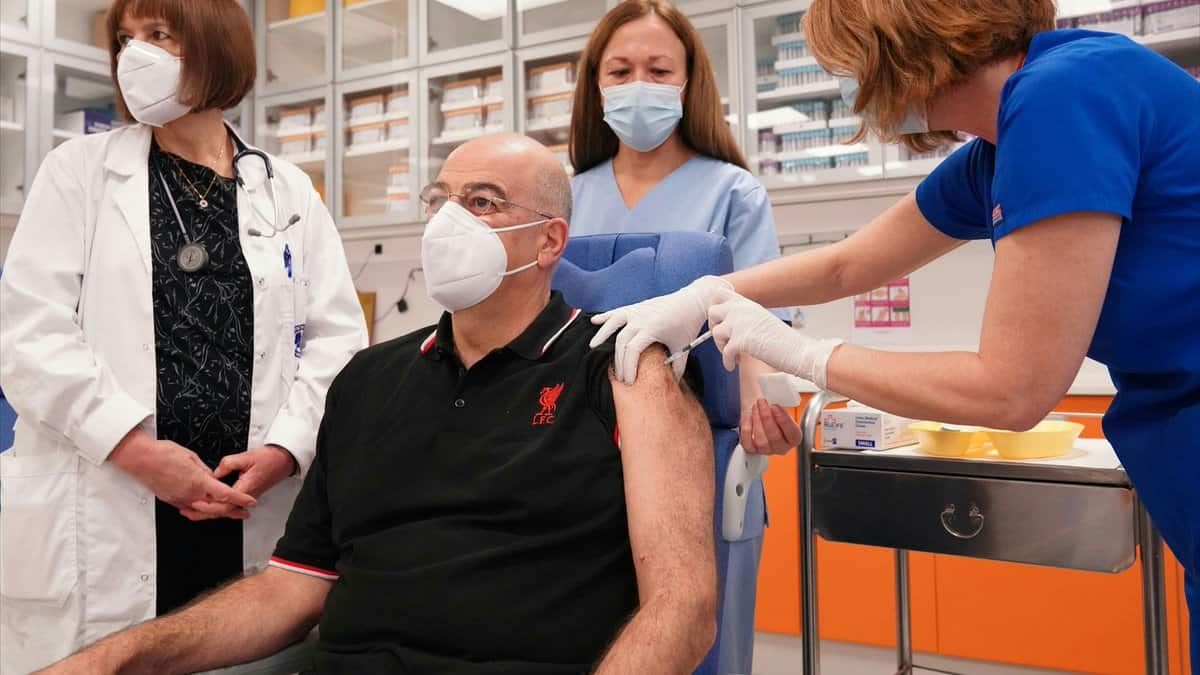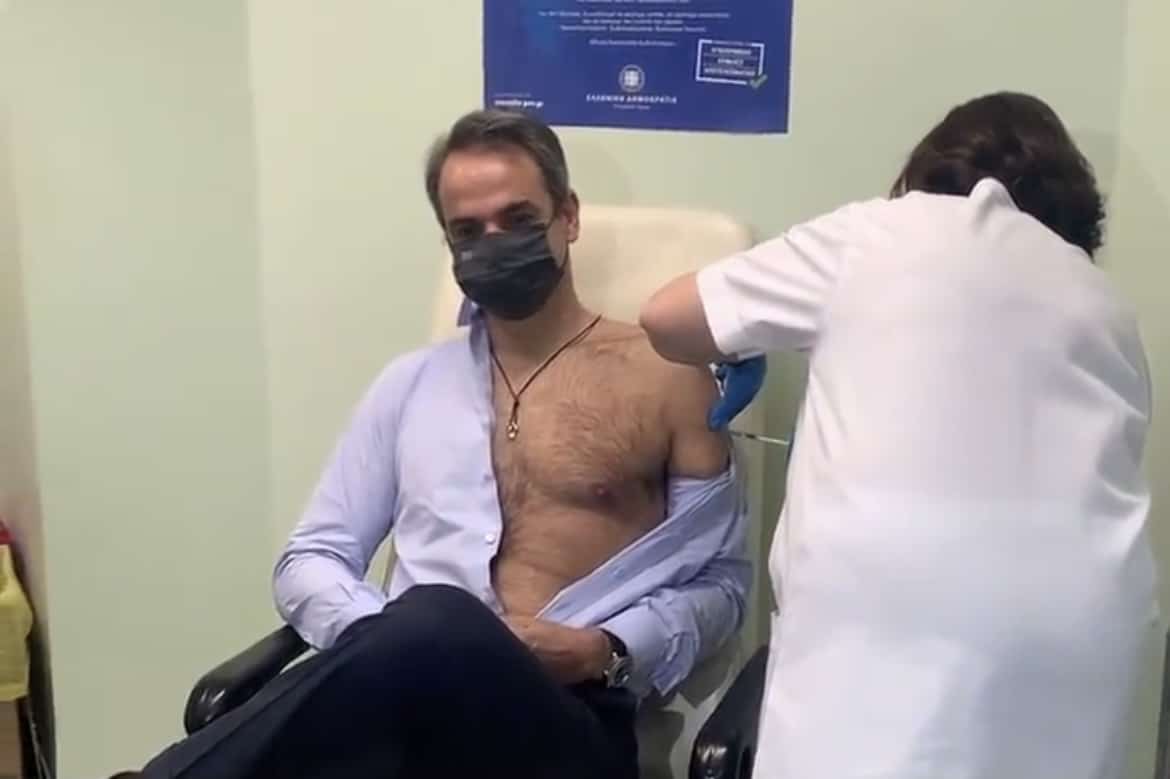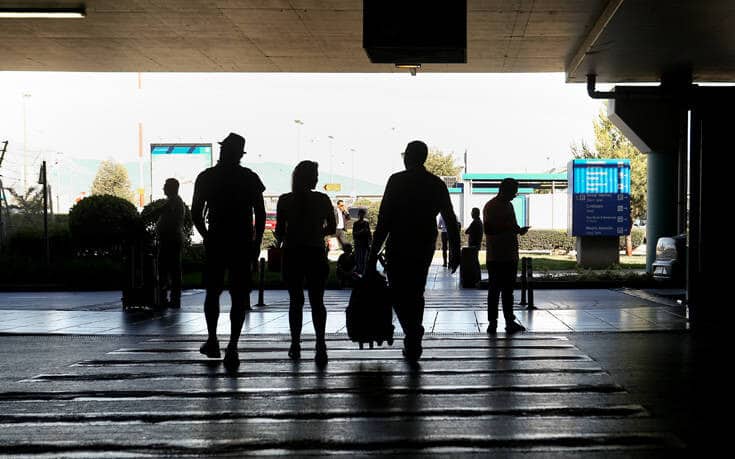Nikos Thomaidis, Professor of Analytical Chemistry at Athens University, said the viral load shows no significant difference from its levels 7, 15 or 21 days ago and remains “heavy and very high," but that herd immunity will be achieved.
"We are still waiting to see the effect of (extra lockdown measures) in limiting transmission (of the virus),” Thomaidis told TV channel, Mega.
Professor Theodoros Vassilakopoulos, a lung specialist, told Skai TV that at least the death rate is declining, which he attributed to the start of vaccination of vulnerable groups, such as the elderly, which is pushing Greece towards herd immunity.

“With almost 1,500 new infections, we have 25 deaths (daily),” he said. “In November, with double the number of infections, we had 100."

"By Easter (May 2), the largest part of the vulnerable population _ the elderly and the seriously ill from other causes _ will have received at least the first vaccination dose," he said.
Vassilakopoulos added that he expects a drop in new daily infections in the coming week, as the bad weather limited trips and contacts.
But, he said, hospital admissions will keep rising, although this should not be a cause of excessive concern, as there is a time lag between infection and full-blown illness.

Vassilakopoulos said that we would finally be able to ditch the masks when we achieve “herd immunity,” something he believes will happen in September or October.
READ MORE: Greece issues digital Covid-19 vaccination certificates.

